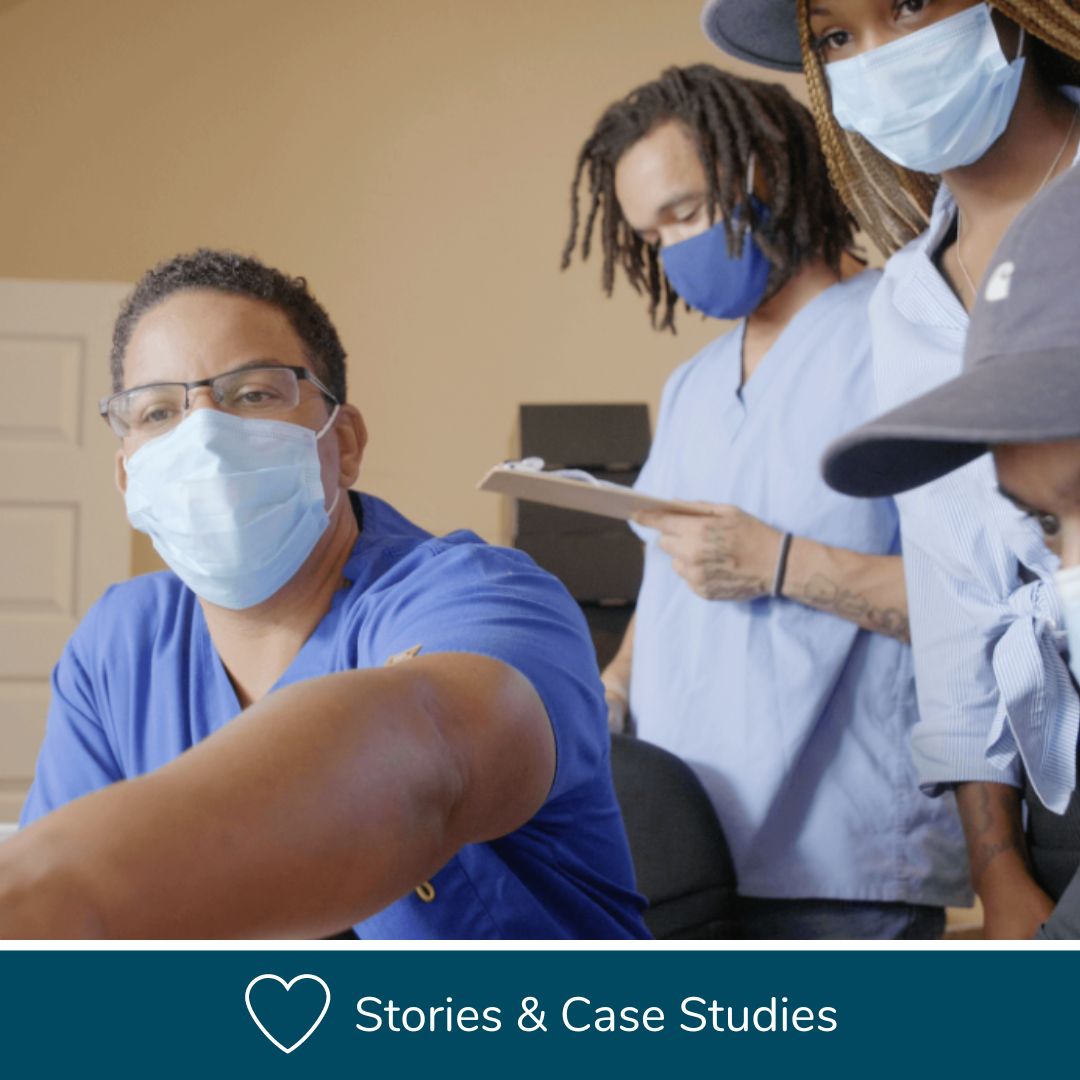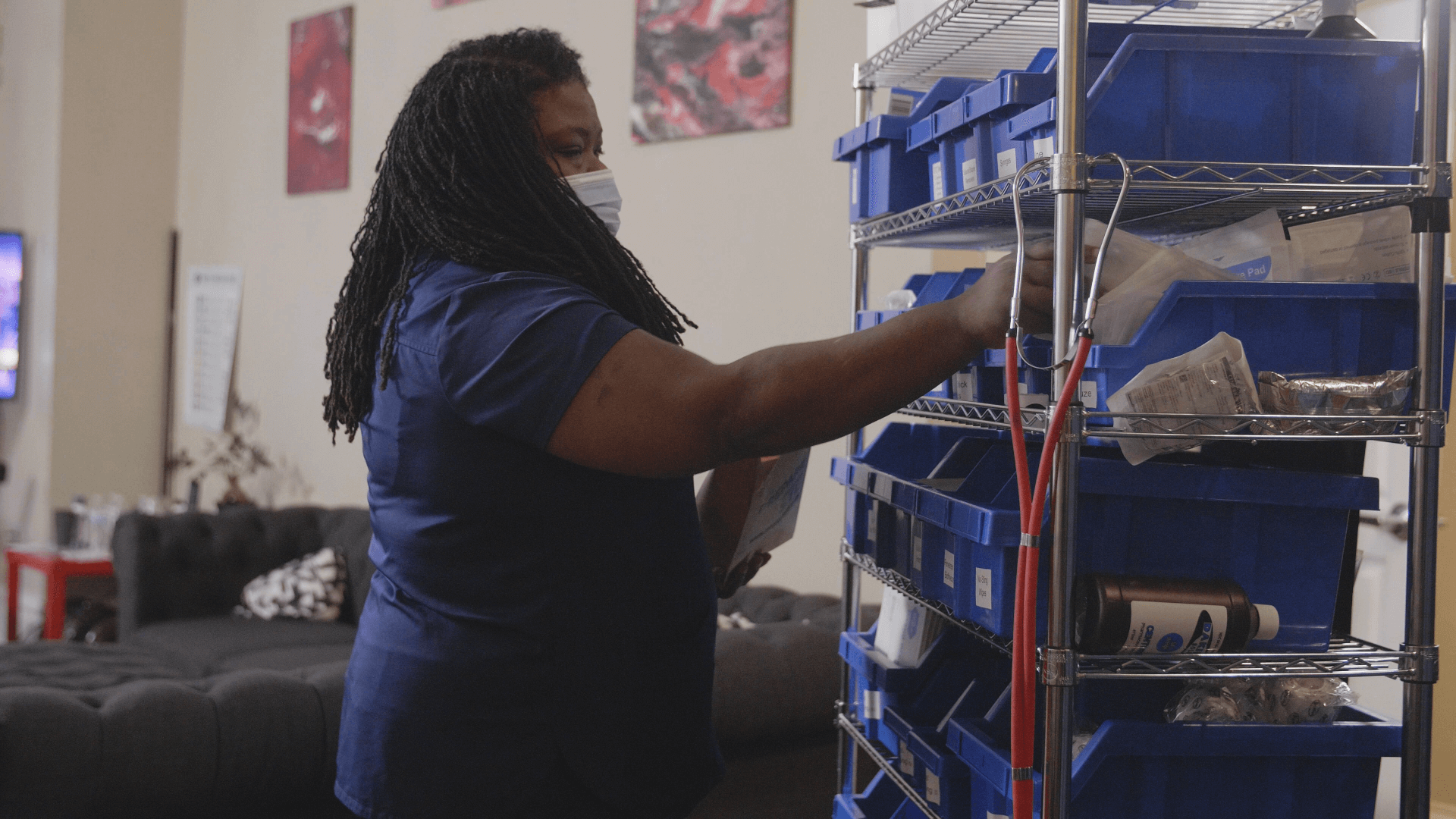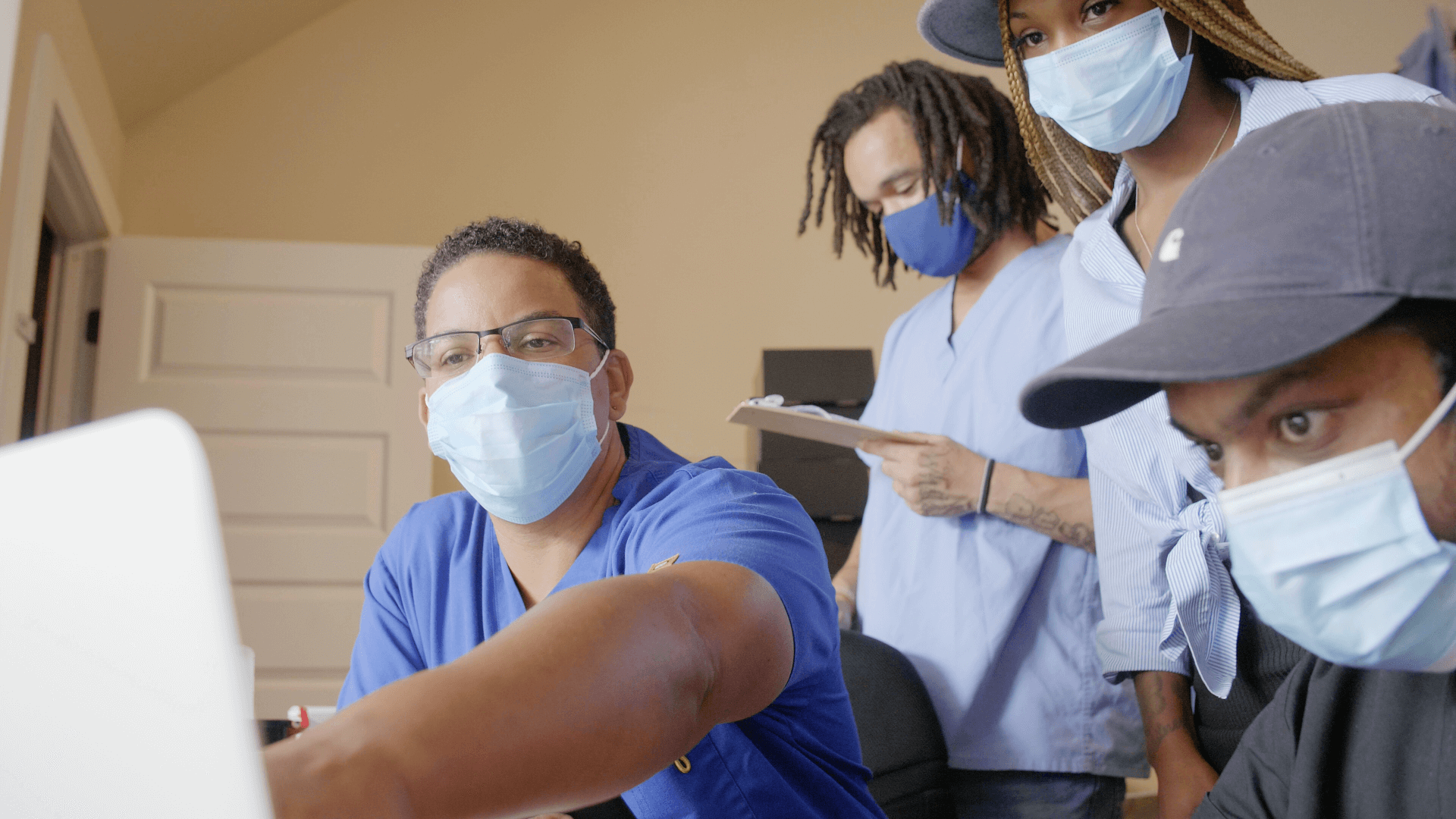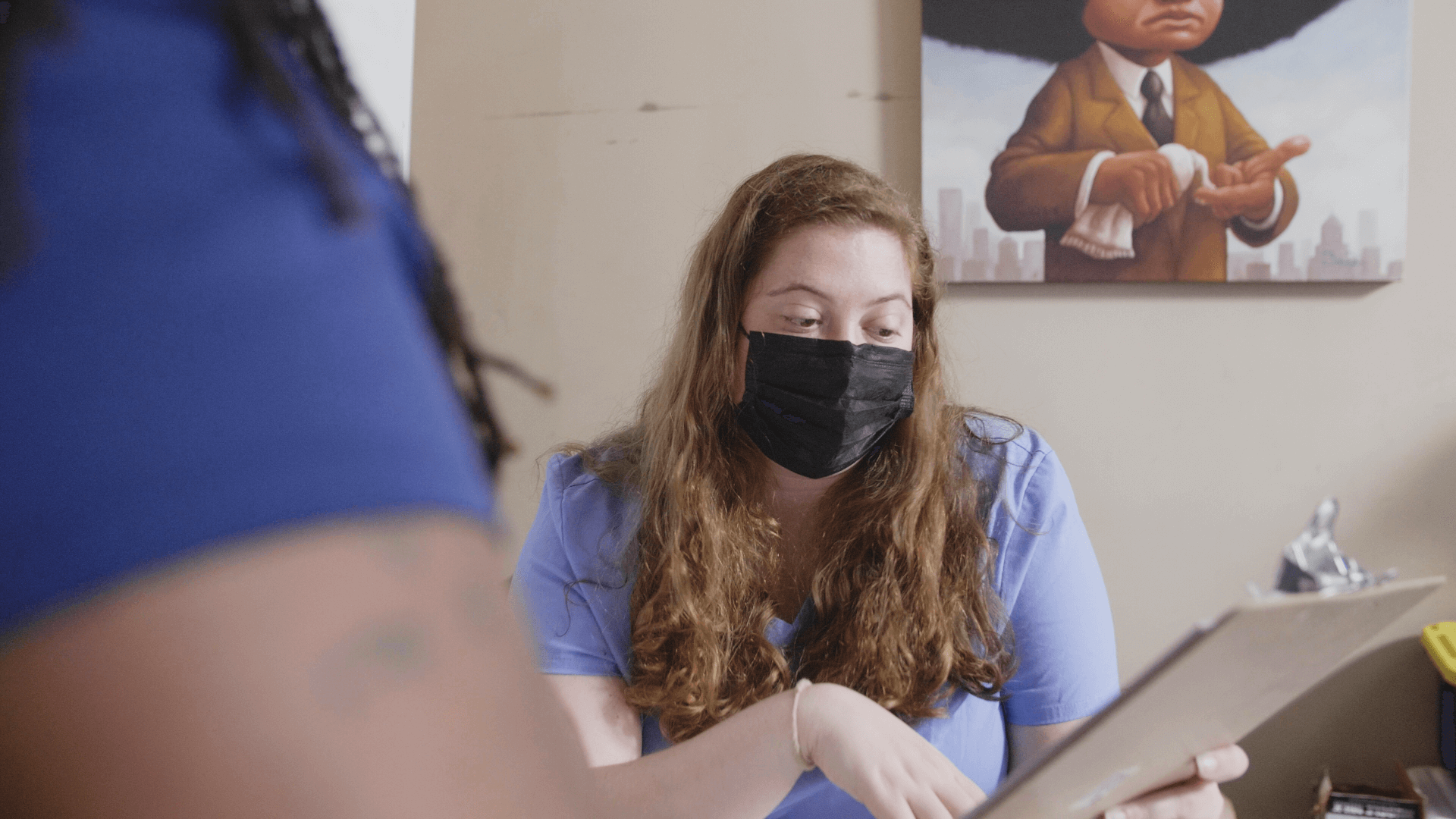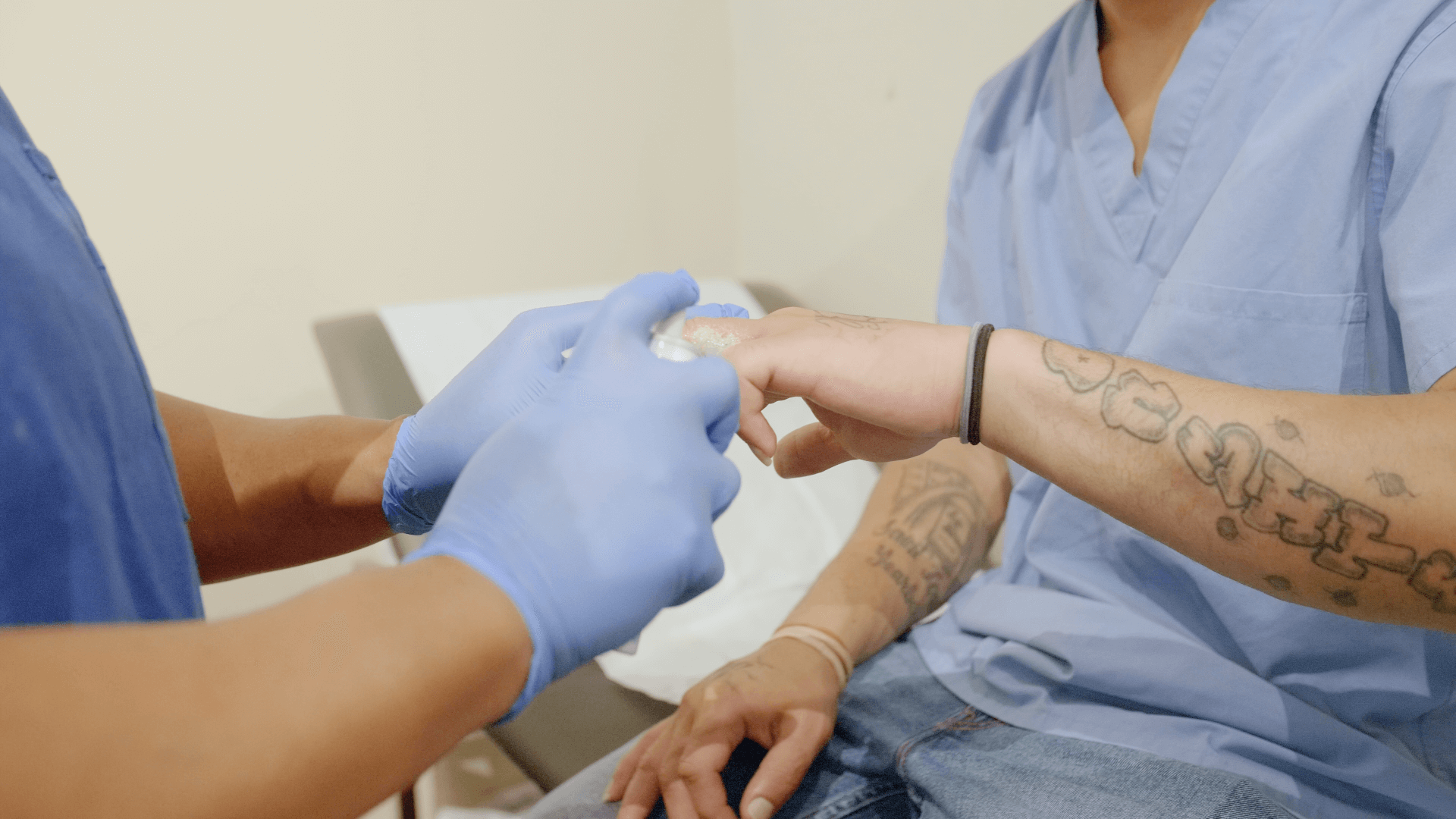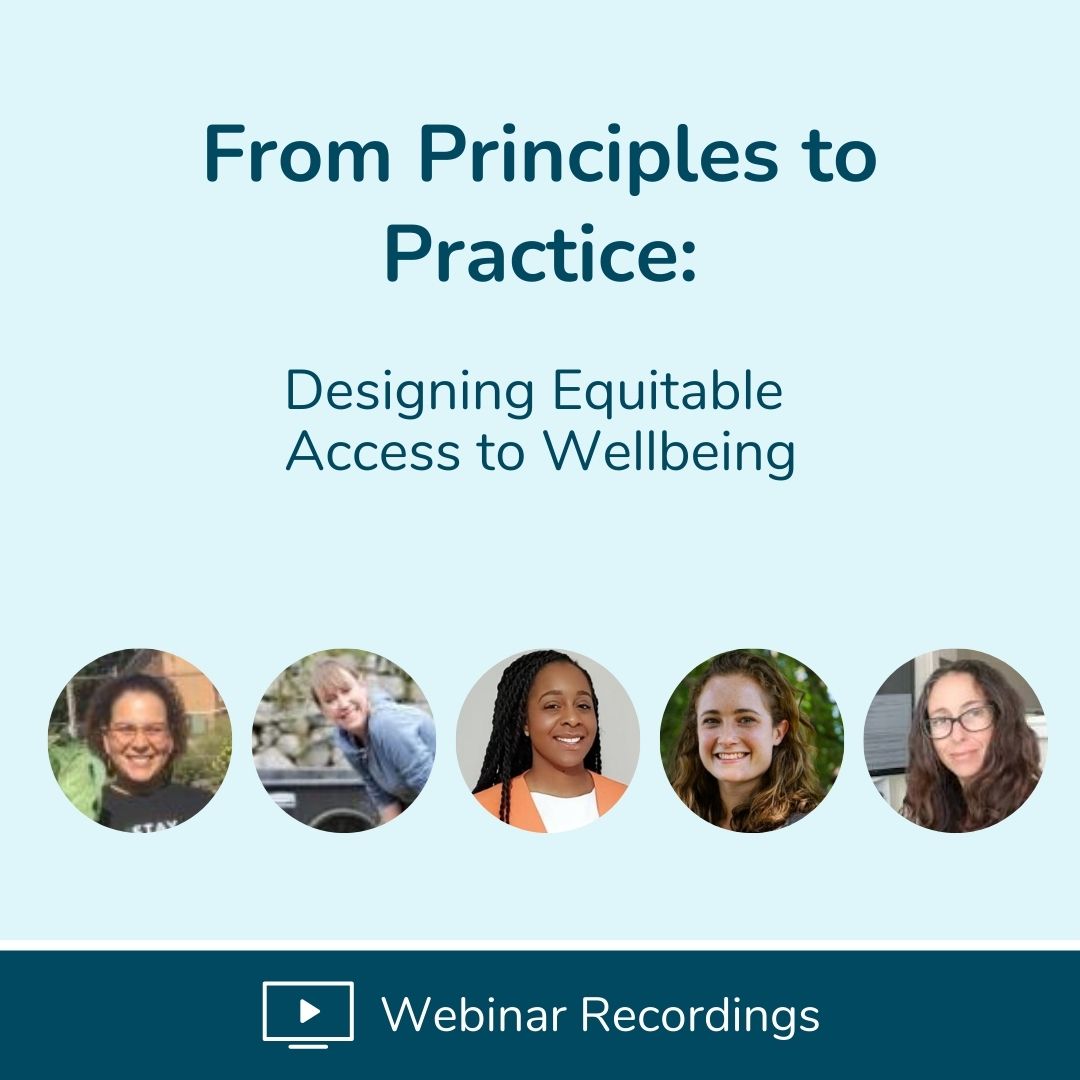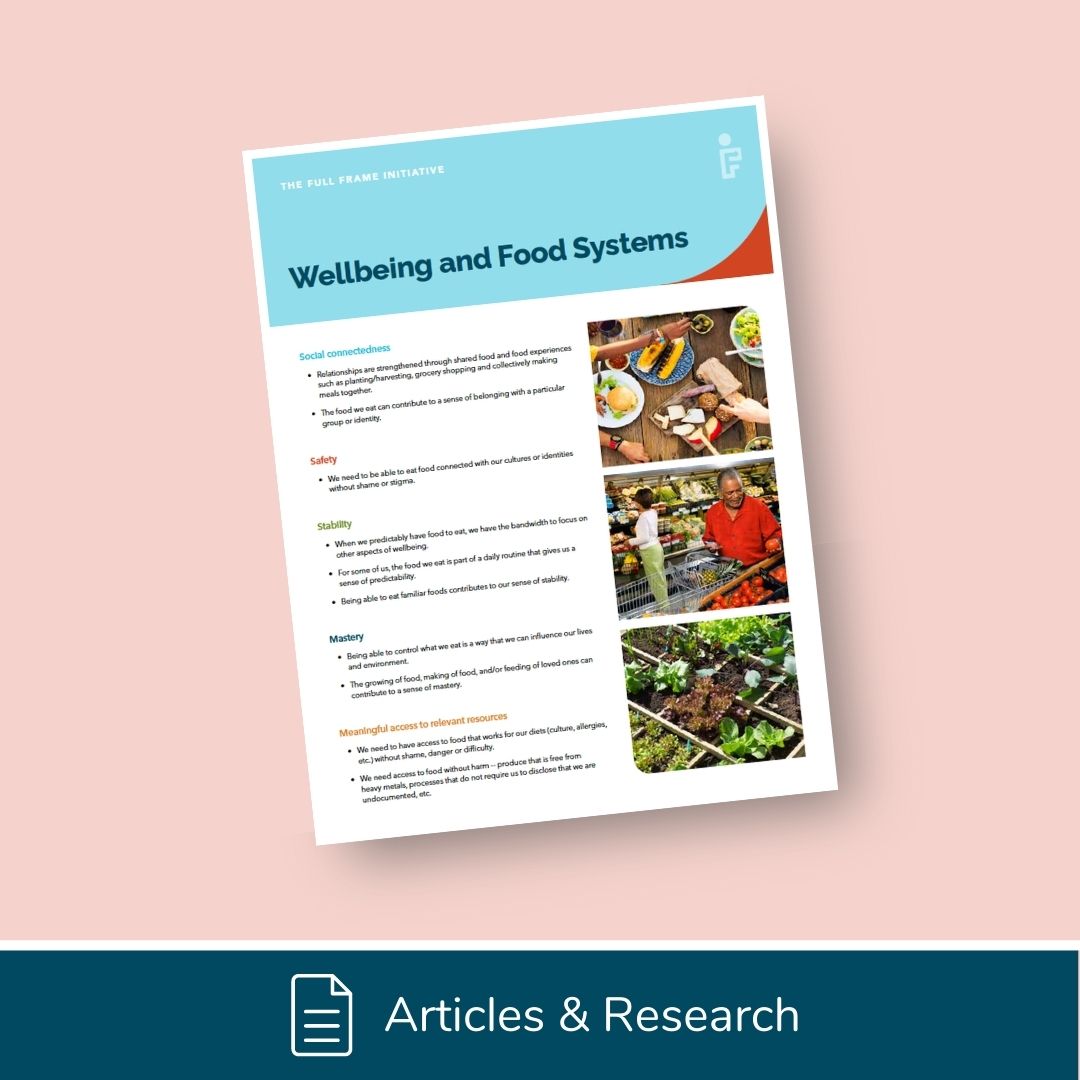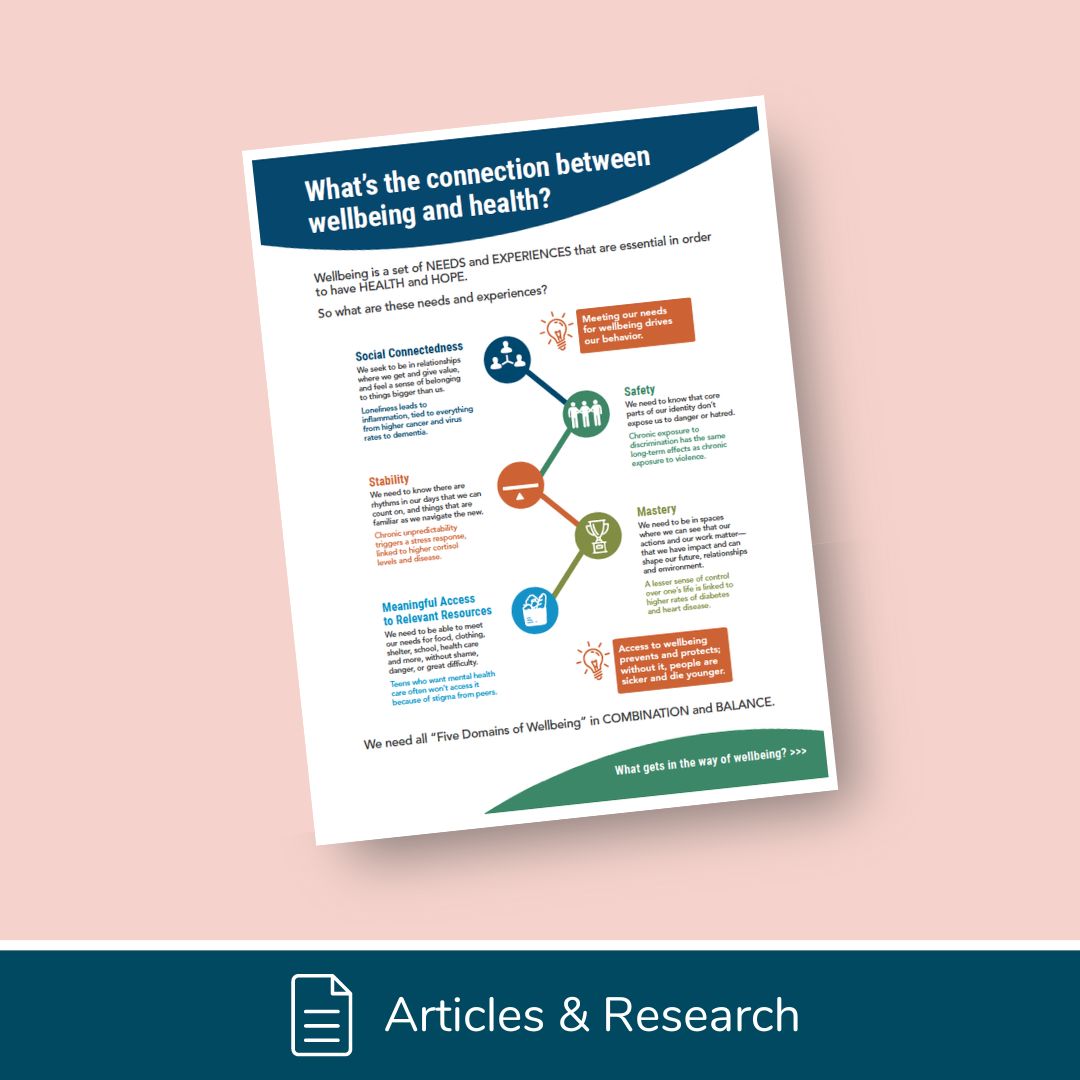The Bullet Related Injury Clinic (BRIC) is a community-based clinic in St. Louis providing care for people with bullet related injuries after being discharged from the emergency department. The clinic provides healthcare services in addition to serving as a space for patients to build and expand social connections within the community.
The Problem
More than 2,000 people experience bullet injuries in St. Louis, Missouri every year.
About half are discharged from the emergency department without being admitted. This leaves many victims alone to care for their wounds, without the support they need to heal from the physical, social and psychological trauma of a bullet related injury. Even for those patients admitted to the hospital, many complain of pain, fear and anger and experience difficulties eating, sleeping and working.
The Solution
In November 2020, Dr. LJ Punch founded the Bullet Related Injury Clinic (BRIC) in St. Louis, Missouri. The community-based clinic provides responsive, trauma-informed, accessible and culturally congruent care for people discharged from the emergency department with bullet-related injuries.
Care at the BRIC goes beyond physical healing. In addition to wound care and multimodal non-opioid pain management, patients receive guidance on nutrition, sleep, stress and trauma. The clinic also serves as a space for patients to build and expand social connections within the community.
One element that sets the BRIC apart: Patients are free to bring anyone they consider family to their appointment. According to Dr. Punch, community is critical to a functional recovery because “while injury happens in isolation, healing happens in community.” Additionally, Dr. Punch himself is often the first point of contact for patients, which he has found to be instrumental in building trust.
The Impact
The BRIC is already proving to be an invaluable resource for both patients and the St. Louis community as a whole. In its first year, the clinic had nearly 600 visits. 77% of patients returned to the BRIC for additional care after their first visit. The presence of the clinic has allowed numerous participants to receive care for infections and traumatic stress without having to return to the emergency room.
The BRIC is part of a wider network of violence prevention work in the St. Louis area. By filling the gap in services for physical and mental health follow-up after bullet related injuries, the clinic is a unique and critical space for people who are uninsured and underserved.
Wellbeing in Action
Blueprint Recommendation 3.3.2 – Reduce false divides between community-strengthening activities and services.
Too often, traditional service delivery models create false divides between community-strengthening activities and the services provided. The BRIC is radically different. Whereas hospitals deliver technical care primarily focused on physical healing, the BRIC combines medical care with a community-based approach to create long-term resiliency for patients, their families and the community.
The BRIC taps into the community to support patients in several ways. Staff look like the patients: they have lived experience of trauma, many identify as Black and/or queer, and are young. As a result, patients and their families feel welcomed and seen. BRIC gives community members the knowledge and tools they need to support one another in their healing.
By combining community support with medical care, the BRIC is helping individuals as well as communities heal from the trauma of bullet related injuries.
Explore the Blueprint
